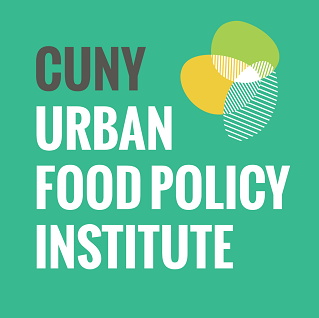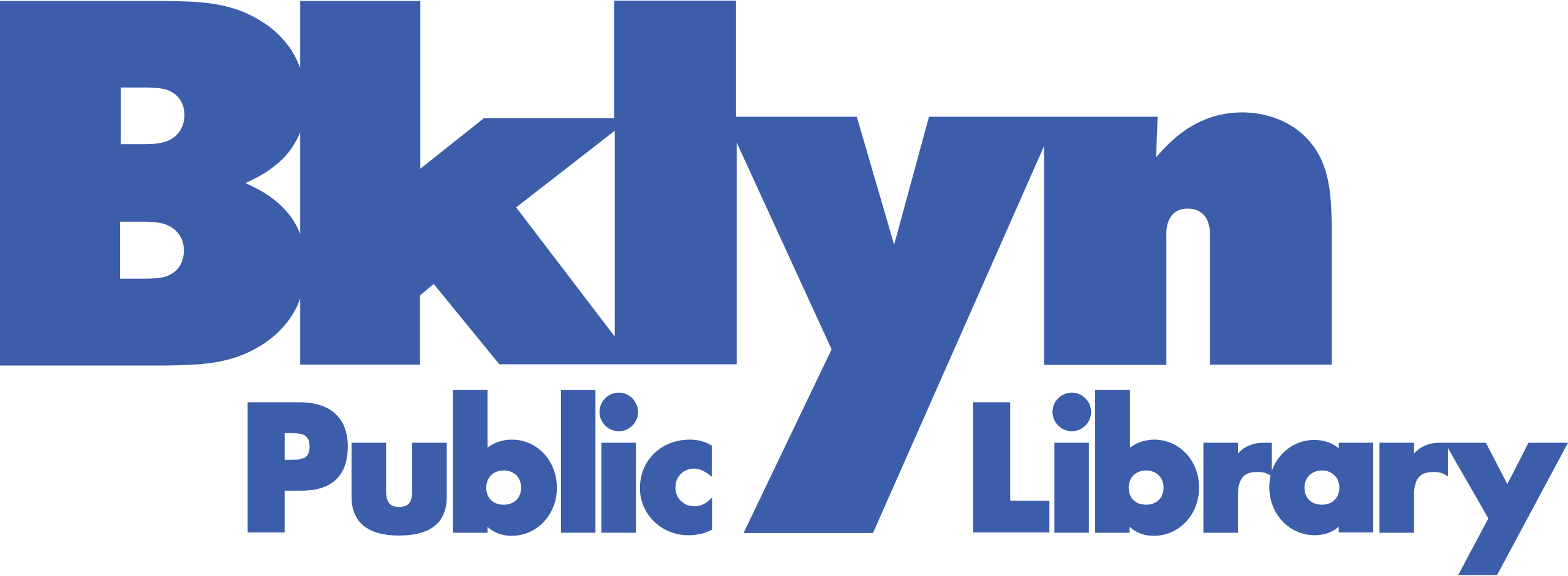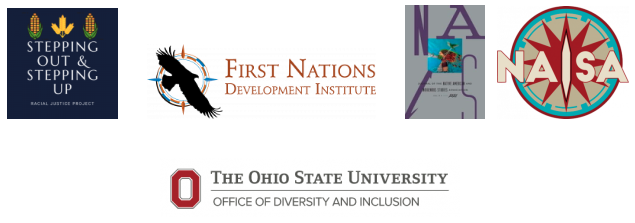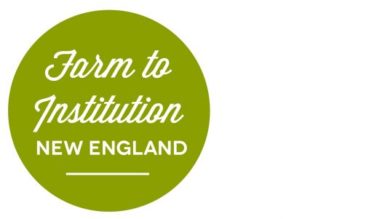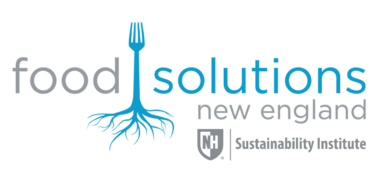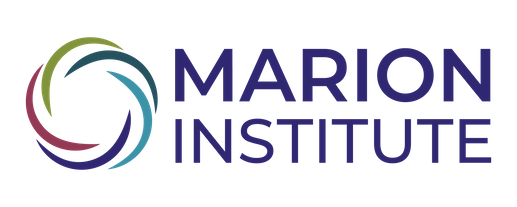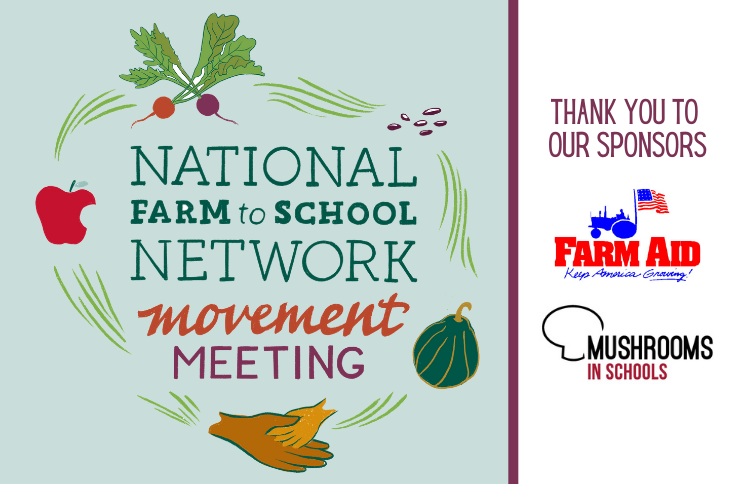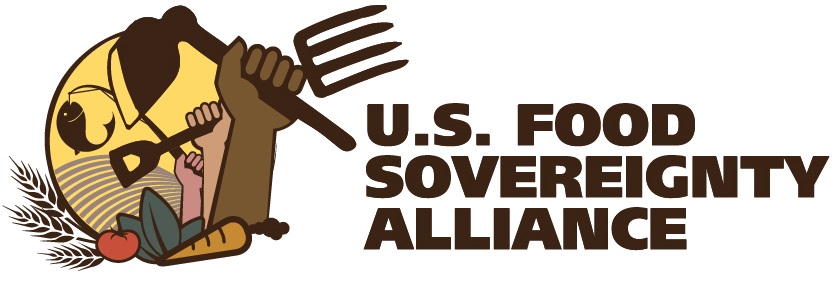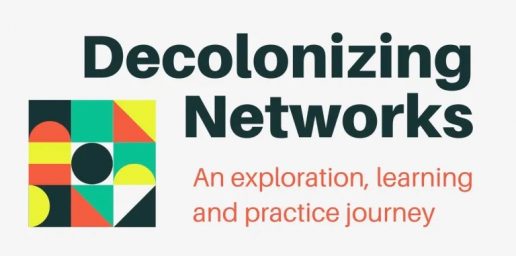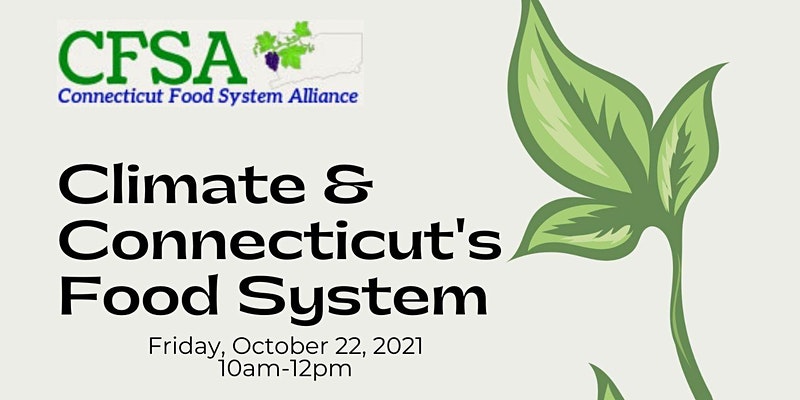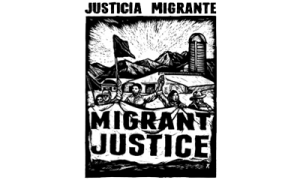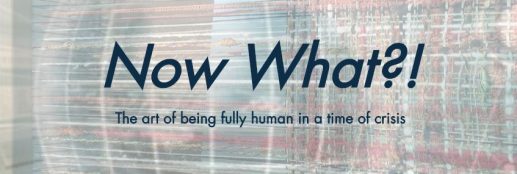Corporate Consolidation in Agribusiness: Discussing the True Costs
OnlinePlease join us for the launch of ActionAid USA’s new report “Bigger is Not Better: The High Cost of Agribusiness Consolidation.” In addition to sharing the findings of the report, there will be an in-depth discussion of how this consolidation impacts farmers, workers, rural communities, the food system as a whole, and the environment and how we can build a more resilient food system by investing in family farmers and acting on climate change. Following the presentations will be a Q&A session with the speakers.
Speakers:
Siena Chrisman, Report Author
Niaz Dorry, National Family Farm Coalition
Ben Lilliston, Institute for Agriculture and Trade Policy
Edgar Franks, Familias Unidas por la Justicia
Facilitated by Tristan Quinn-Thibodeau, ActionAid USA


